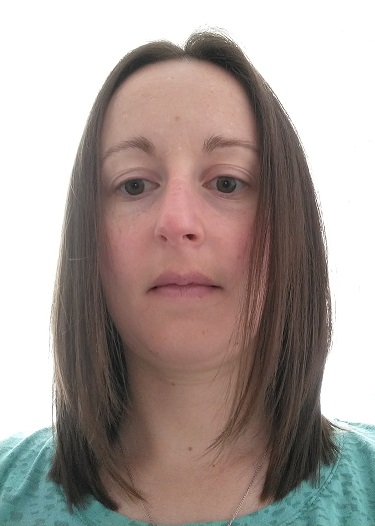Career profile: Amy Frank, Clinical Scientist
What is your job?
I am a clinical scientist in biochemistry for the NHS.
Tests are performed in the laboratory on blood, urine and other bodily fluids to help the diagnosis and management of patients with many different conditions. Patients can have samples collected at their local doctors or from the hospital.
The clinical scientist role is varied and includes interpretation and validation of test results on patient samples, answering questions from doctors and giving advice about other tests which may be helpful. The role also includes service improvement and implementation of new methods.
How did you become a clinical scientist?
I graduated university with a Masters of Chemistry (MChem) in 2009. After a few years gaining laboratory experience as an analytical scientist, I was selected for the NHS scientist training programme (STP) in clinical biochemistry. The STP is a three year programme that includes both work based training in a NHS department and a part time MSc in Blood Sciences. After completion of the scientist training programme, I then registered with the Health and Care Professions Council (HCPC) as a clinical scientist. During training I found that endocrinology was my favourite area and I am now a principal clinical scientist working on specialist endocrine testing.
What do you do day-to-day?
My job is very different day to day and includes a good mixture of laboratory and clinical tasks. Some days I will be in the laboratory, working on new methods or troubleshooting problems with current tests. Other days I am the duty endocrine biochemist, responsible for authorising results and providing advice to doctors on the telephone. I also attend multidisciplinary team meetings where lots of different people such as endocrinologists, surgeons, radiologists, nurses, clinical scientists meet to discuss patients. Other duties include teaching/training, service development and improvement. I am also responsible for the urine steroid profile testing service where we perform testing to investigate patients with defects in steroid synthesis.
What qualifications and skills do you need for your job?
The minimum requirement for the STP is a 2.1 or above in a relevant subject or a 2.2 undergraduate degree in any subject and a higher degree in a relevant subject. Completion of the STP and registration with the Health and Care Professions Council (HCPC) is required to be a clinical scientist.
Skills required include good communication skills, both written and verbal, problem solving skills, laboratory skills, IT skills, observational skills, attention to detail, ability to work under pressure and to cope with changing situations.
Why did you want to become a clinical scientist?
I always enjoyed science at school and found it interesting but challenging. When I had to choose a degree subject I was unsure of what my future career would be, but felt that choosing chemistry would keep many options open. I’m glad I did as I was yet to learn about the career of a clinical scientist – for me a perfect mixture of science and medicine.
What do you love about your job?
I love the varied nature of my job and the many different tasks required as part of my role. I particularly enjoy putting all the different test results together on a patient and making a diagnosis as I feel that I have made a difference.
I love that this job involves the need for continued learning and changes to practice as new discoveries are made in the field of endocrinology.
What do you find difficult about your job?
I find it challenging to accept the slow speed that changes are implemented due to the many different processes required. I also find it difficult when I don’t get enough information on a case to be able to add interpretation.
What advice would you give someone interested in becoming a clinical scientist?
View the following website for further information on the scientist training programme - https://nshcs.hee.nhs.uk/programmes/stp/
Contact your local NHS laboratory to find out more about the role from current clinical scientists. If possible obtain work experience in a laboratory.
How might your job change in the future?
The NHS will see increased pressure on services and therefore there may be changes to my job.
Currently the role of a clinical scientist in biochemistry is not usually patient facing. This may change and there may be a patient facing role for the clinical scientist in the future.
Where can I find out more?
National School of healthcare science website https://nshcs.hee.nhs.uk/programmes/stp/


